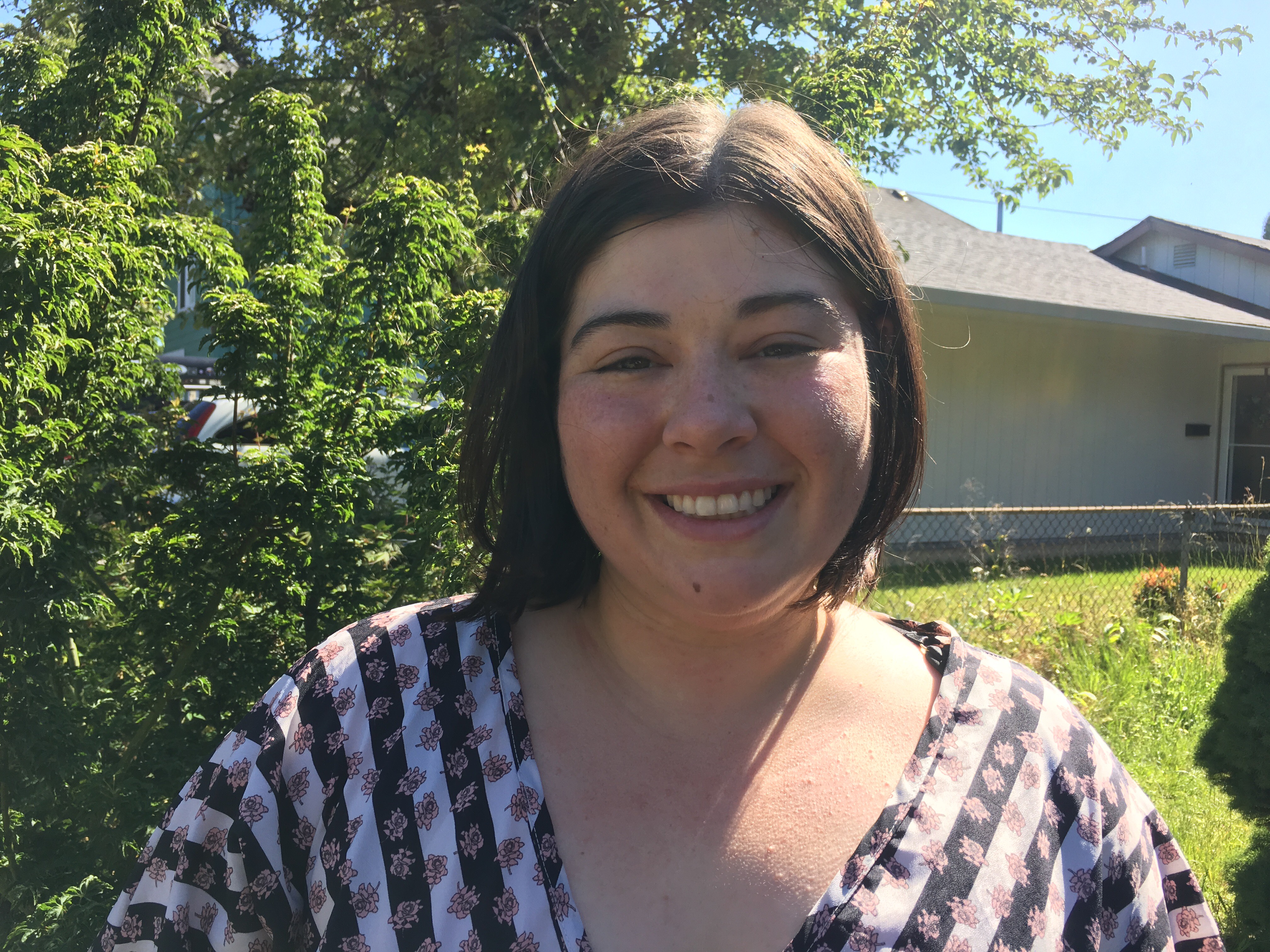
At AFSCME’s urging, the U.S. House has passed a student-loan repayment bill that will help those who provide substance-abuse treatment throughout the country. Our union is now focused on making sure the bill passes the U.S. Senate and is fully funded.
In a letter to House lawmakers, AFSCME underscored the bipartisan bill’s importance to members like Joslyn Gheen, of Portland, Oregon, who are on the front lines of treatment services in the hardest-hit communities. The letter was aimed at bolstering support for H.R 5012, the Substance Use Disorder Workforce Loan Repayment Act of 2018, which the House passed Tuesday evening.
Gheen, a member of AFSCME Council 75, is a treatment assistant at an inpatient program who works from 4 p.m. to midnight five days a week, helping pregnant and parenting women overcome substance-use problems. To better serve her clients and her community, she’s studying to become a certified alcohol and drug counselor, according to AFSCME’s letter.
But her dedication comes at a steep cost. Due to her studies, her student-loan debt will swell to more than $43,000, making Gheen one of thousands of behavioral health care workers struggling with tremendous educational debt. H.R. 5102, co-sponsored by Rep. Katharine Clark (D-Massachusetts) and Rep. Hal Rogers (R-Kentucky), will greatly help Gheen and others in her situation.
Under the bill, the federal government would repay loans of up to $250,000 per person as long as the recipients work full time in the substance-abuse treatment field for up to six years, according to a summary provided by Reps. Clark and Rogers.
“From social workers to addiction and mental health counselors, AFSCME members never stop working to help those who want to recover,” AFSCME said in its letter. “This isn’t just a job, it’s a calling. Nobody does this job to get rich. This work matters because it means something to help a person discover their own resilience and strength to recover. In fact, it means everything.”
The letter went on to say that the loan-repayment program would “help make sure providers are there not just today but tomorrow and into the future as well.”
